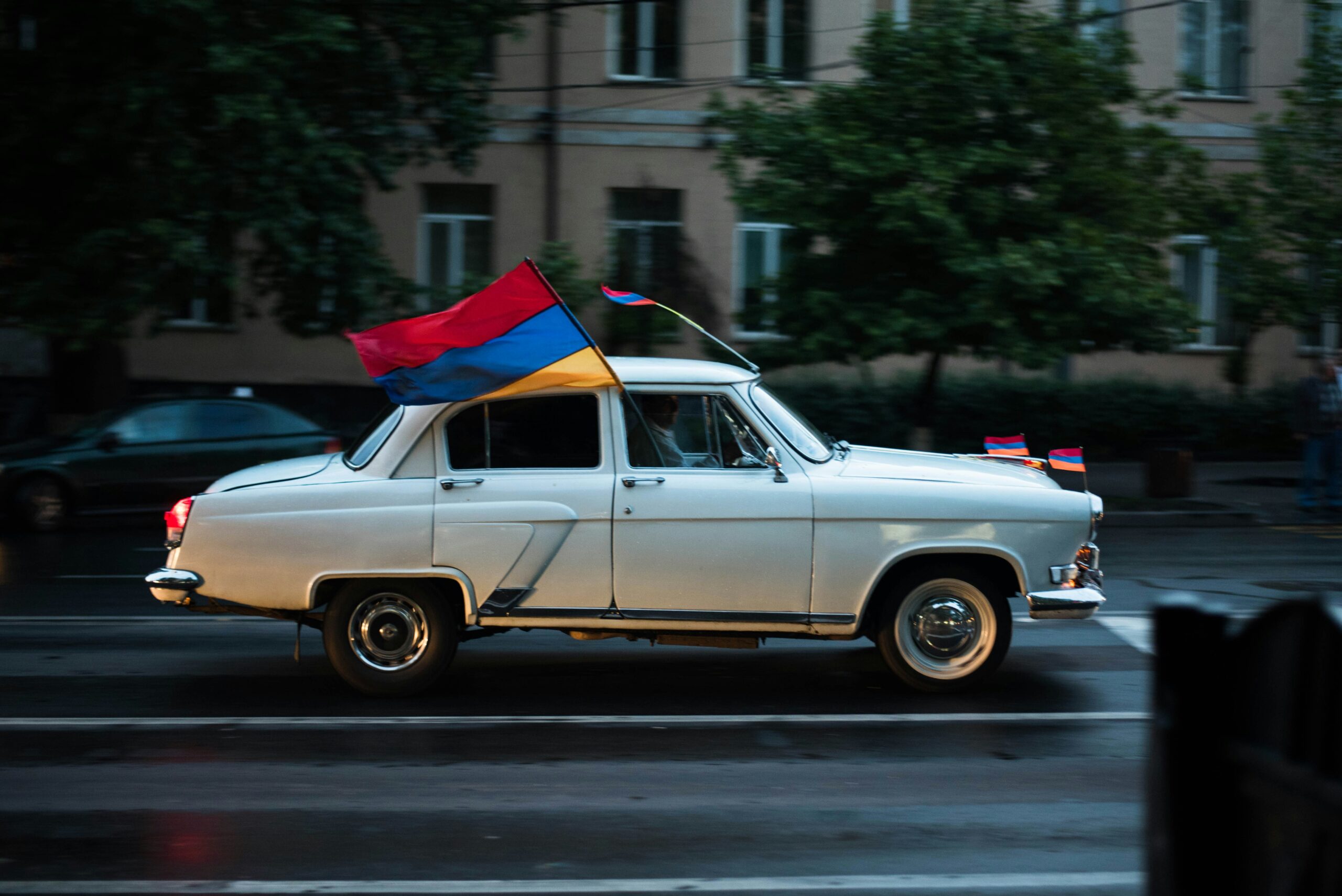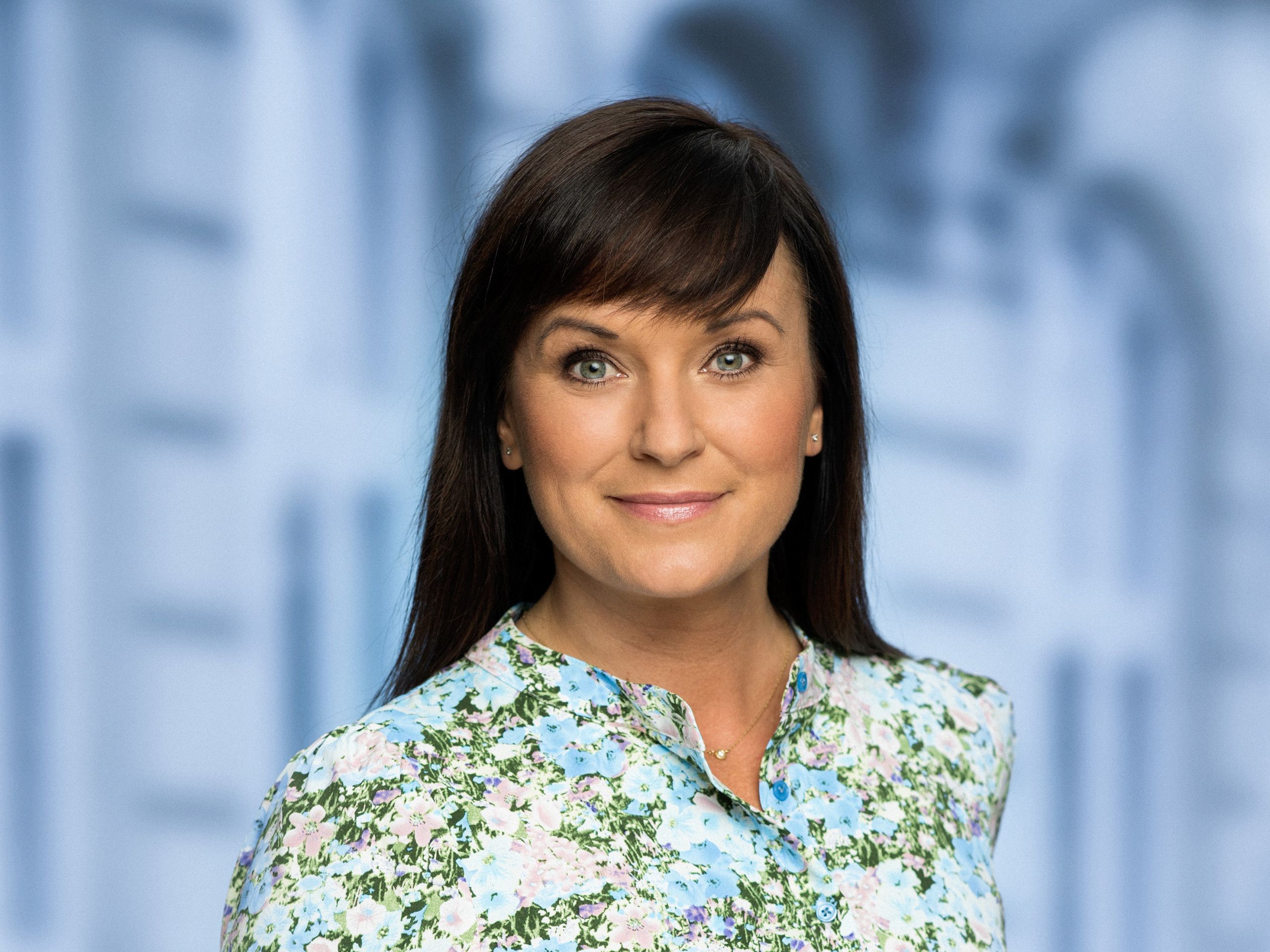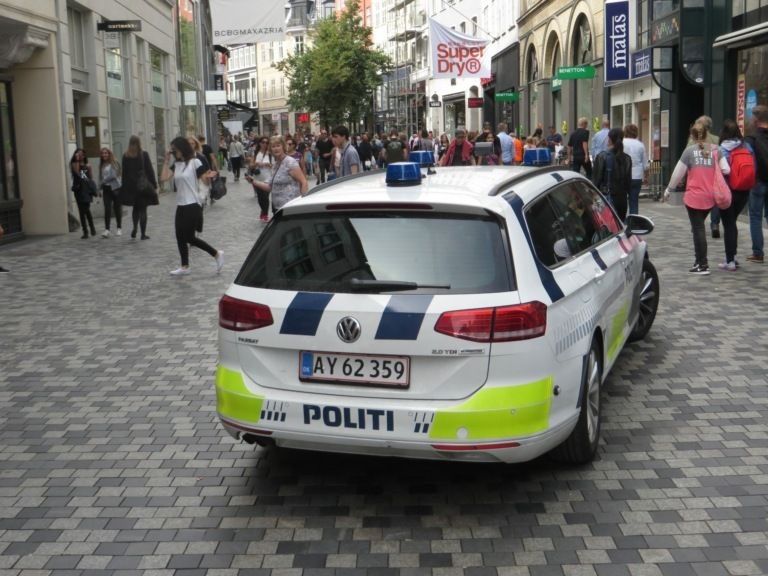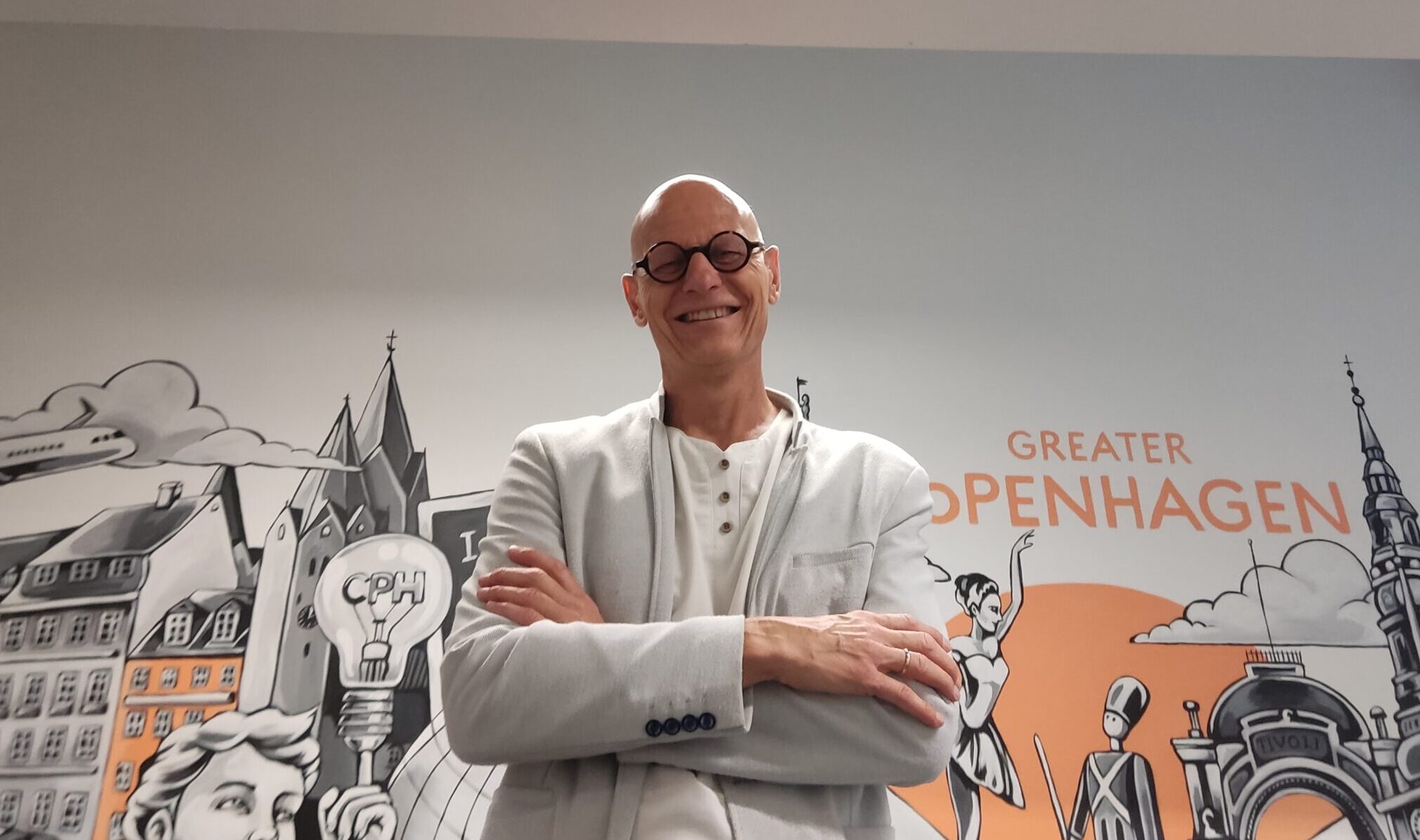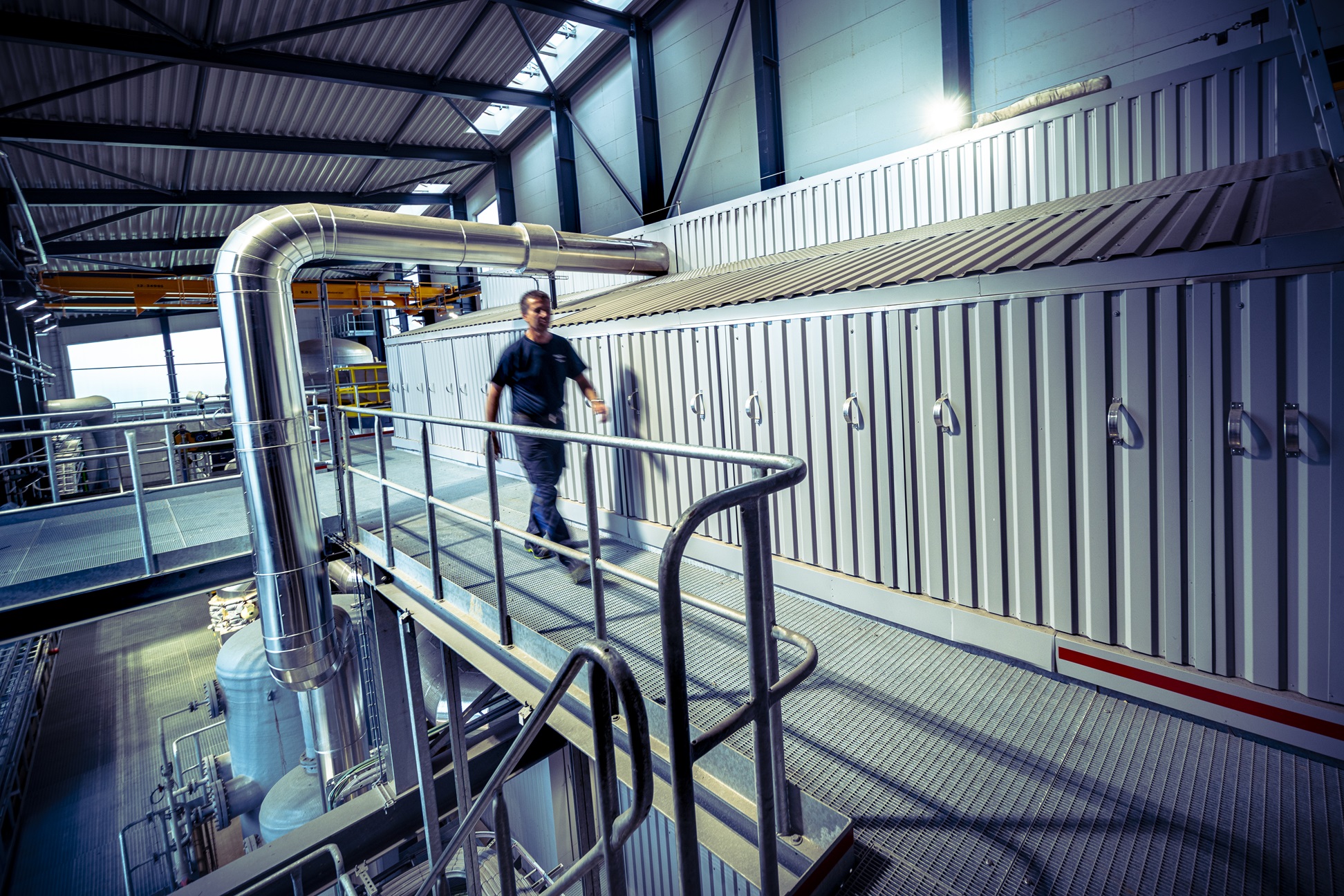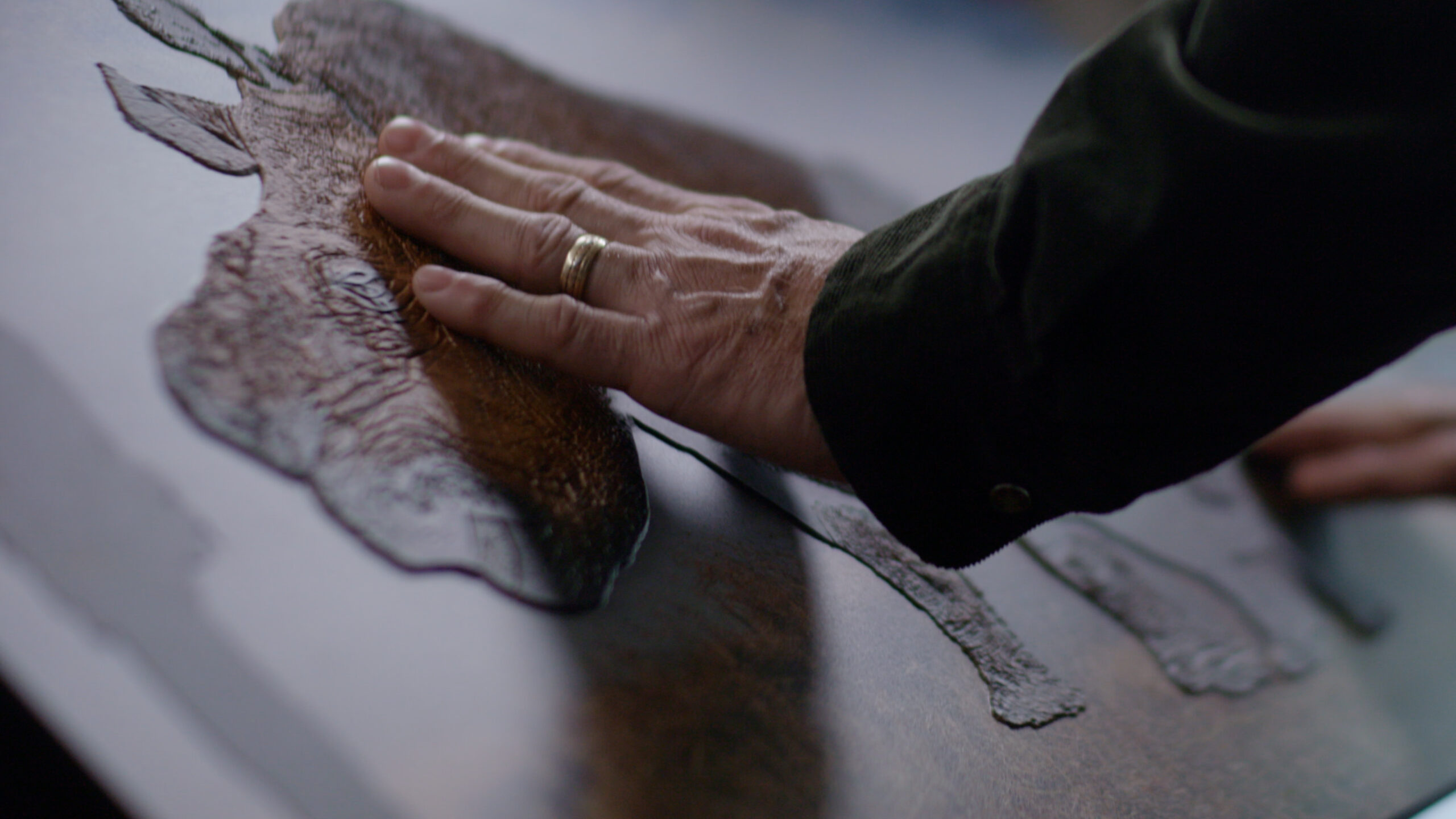Armenia celebrates its National Day on September 21, marking its independence from the Soviet Union in 1991. This day holds deep meaning for Armenians as it commemorates their nation’s path to sovereignty after decades of Soviet rule.
The path to freedom
In the late 1980s, as Soviet control weakened, Armenia sought independence. A referendum was held on September 21 1991, with over 99% of voters choosing independence. This marked Armenia’s official departure from the Soviet Union, and the newly formed Republic of Armenia was internationally recognized shortly afterwards. Independence was a big step towards restoring Armenia’s cultural and national identity.
Danish-Armenian bond
To most Armenians, Karen Jeppe and Maria Jacobsen are well known names. Both were Danish missionaries and helped Armenian refugees. Their work was crucial during the Armenian genocide (1915-1923).
Karen spent long periods in Armenia from 1903 to 1927. She established orphanages and worked to protect both women and children. Karen passed away in 1935 and was buried in Aleppo, Syria, where she had continued her humanitarian work.
Maria Jacobsen started working in Armenia in 1907. She is known for documenting the Armenian genocide in her diaries, covering the years 1907–1919. Maria was also renowned for caring for the orphaned Armenian children and for founding an orphanage in Lebanon.
Both women are remembered for their extraordinary contributions during a time of suffering for the Armenian people.
Celebrations across Armenia
Armenia’s National Day is celebrated with great enthusiasm. In the capital, Yerevan, the day features official speeches, flag-raising ceremonies, and military parades. Cultural performances, traditional music, and dance highlight Armenia’s rich heritage. The President of Armenia typically addresses the nation, speaking of the country’s progress and future.
Among the cultural highlights is the traditional Kochari dance, a folk dance performed in a circle, symbolising unity. The rhythmic sounds of the dhol, a traditional double-headed drum, set the beat for dancers. In contrast, Rabiz music, a popular blend of Armenian folk and modern influences, is often played at celebrations.
Many Armenians also take the day to enjoy lavash, the traditional Armenian flatbread, which is an important part of the country’s culinary heritage. Additionally, Armenia’s centuries old tradition of carpet weaving is often showcased, with detalied designs that reflect the nation’s history and culture.
It’s a day of national pride, where families and friends come together to celebrate the strength of the Armenian people.
For more information, please visit Armenia’s Embassy’s website.

